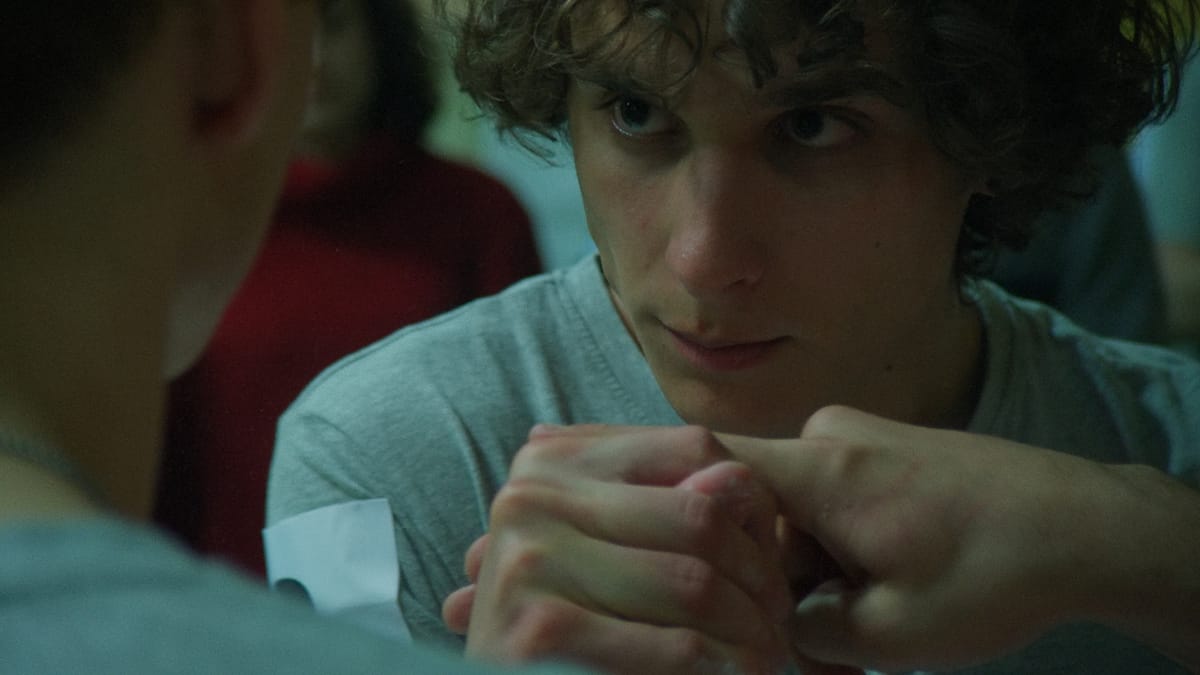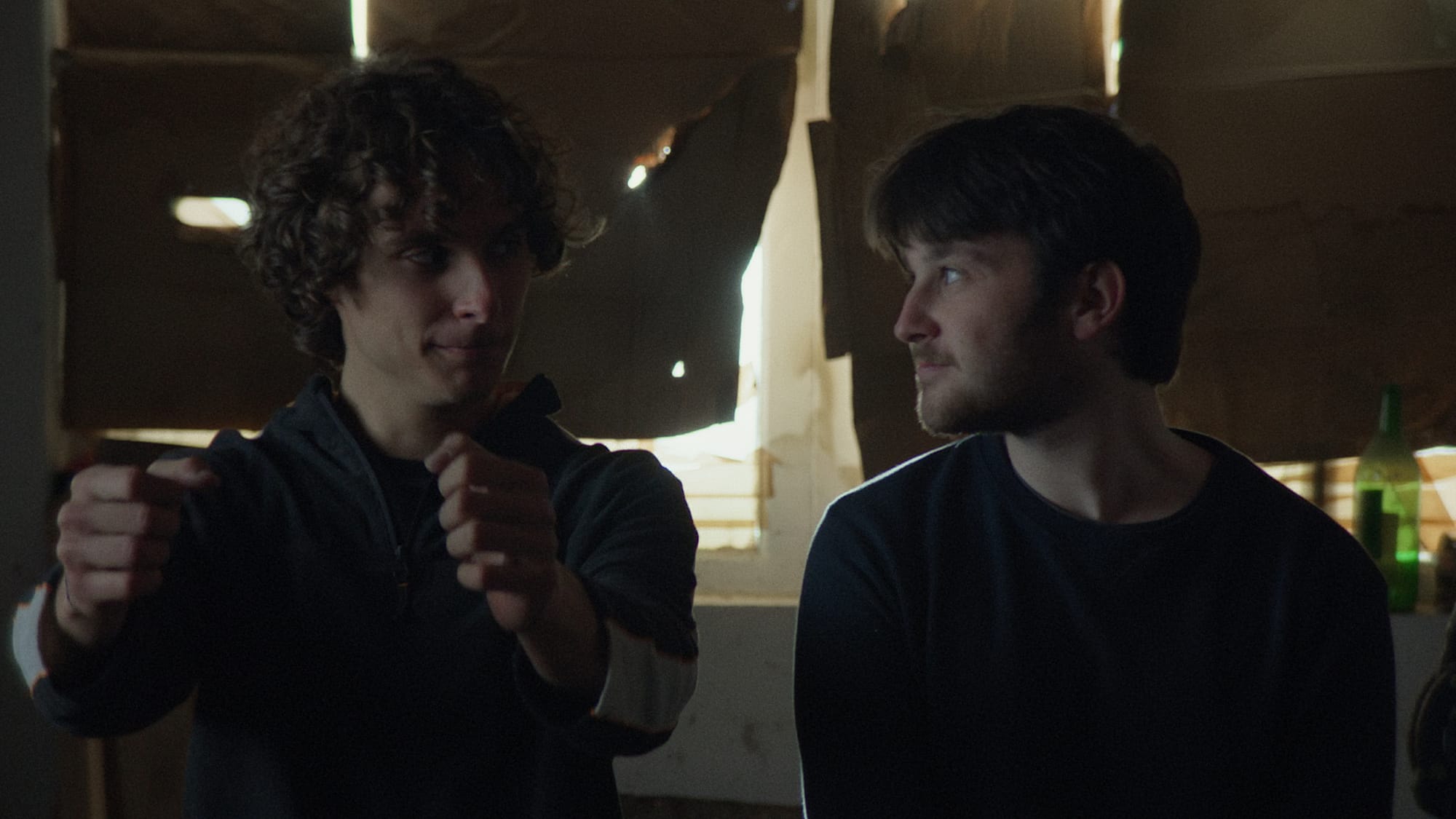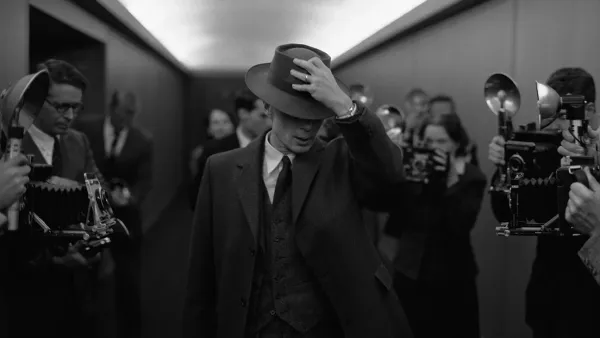Sandbag Dam (Zečji nasip)
Long-suppressed feelings come flooding back in a beautiful film bursting with emotion.

Bodies of water have often been used as metaphors for feelings - we feel waves of love, or perhaps of nausea, or of guilt. Relief washes over us, we burst into floods of tears, we try to stay afloat. The unstoppable force of a large body of water is a fitting physical manifestation of the overwhelming power of human emotion.
The characters in Sandbag Dam live in a small village in Croatia that is surrounded by swollen rivers, at a constant risk of flooding. But alongside this, in our central characters there are strong, suppressed feelings being kept at bay, which the dams are no help at all in holding back.
Marko (Lav Novosel, in an astounding breakout role) has just turned 18, and exists in an incredibly macho world. We see him surrounded by his group of male friends after a football match, all chanting about “getting pussy”. He is training to be an arm-wrestling champion, and has plans to work as a mechanic with his dad once he finishes school. But even while assimilating to this hyper-masculine world, we see Marko is incredibly tender and affectionate at home with his younger brother Fićo (a lovely performance by Leon Grgić) who has Down Syndrome, cuddling him and telling him bedtime stories. He also seems to be genuinely in love with his girlfriend Petra (Franka Micolaci), and is helpful and respectful to his mother Vanca (Tanja Smoje). On the surface, all seems well in Marko’s life. But the return of an old friend who abruptly left for Berlin three years ago, Slaven (Andrija Žunac), brings up long-suppressed feelings, in danger of flooding back.

Sandbag Dam translates in Croatian to “rabbit dam”, as the dam’s height refers to how far a rabbit can jump. While this perhaps would have been a more confusing translation of the title for English-speaking audiences, it makes a lot of sense upon viewing the film. Marko’s brother Leon adores his eight pet rabbits, and takes any chance he can to share them with visitors and loved ones alike - but, despite how well cared for they are, they are ultimately confined to their cages. At a pivotal point in the film, Marko goes down to the river bank, and, whilst staring out at the furious, rushing waters, something catches his eye - a wild rabbit. Free to roam, to graze, to simply be.
In Sandbag Dam, director Čejen Černić Čanak and screenwriter Tomislav Zajec’s world-building is wonderful, immersing us totally in this small village and its residents, while the actors give incredibly authentic performances that make for utterly believable characters. I really appreciated the differing portrayals of parenthood in the film, with Alma Prica as Slaven’s mother Alenka and Filip Šovagović as Marko’s father Franjo providing interesting and necessary counterpoints to Vanca. The film took over six years to get made, and Čanak struggled to cast the lead roles, due to fears from young actors about being part of a film featuring a gay love story. This alone highlights the urgency and importance of such bold and beautiful films as Sandbag Dam, and the need for these stories to be told.





